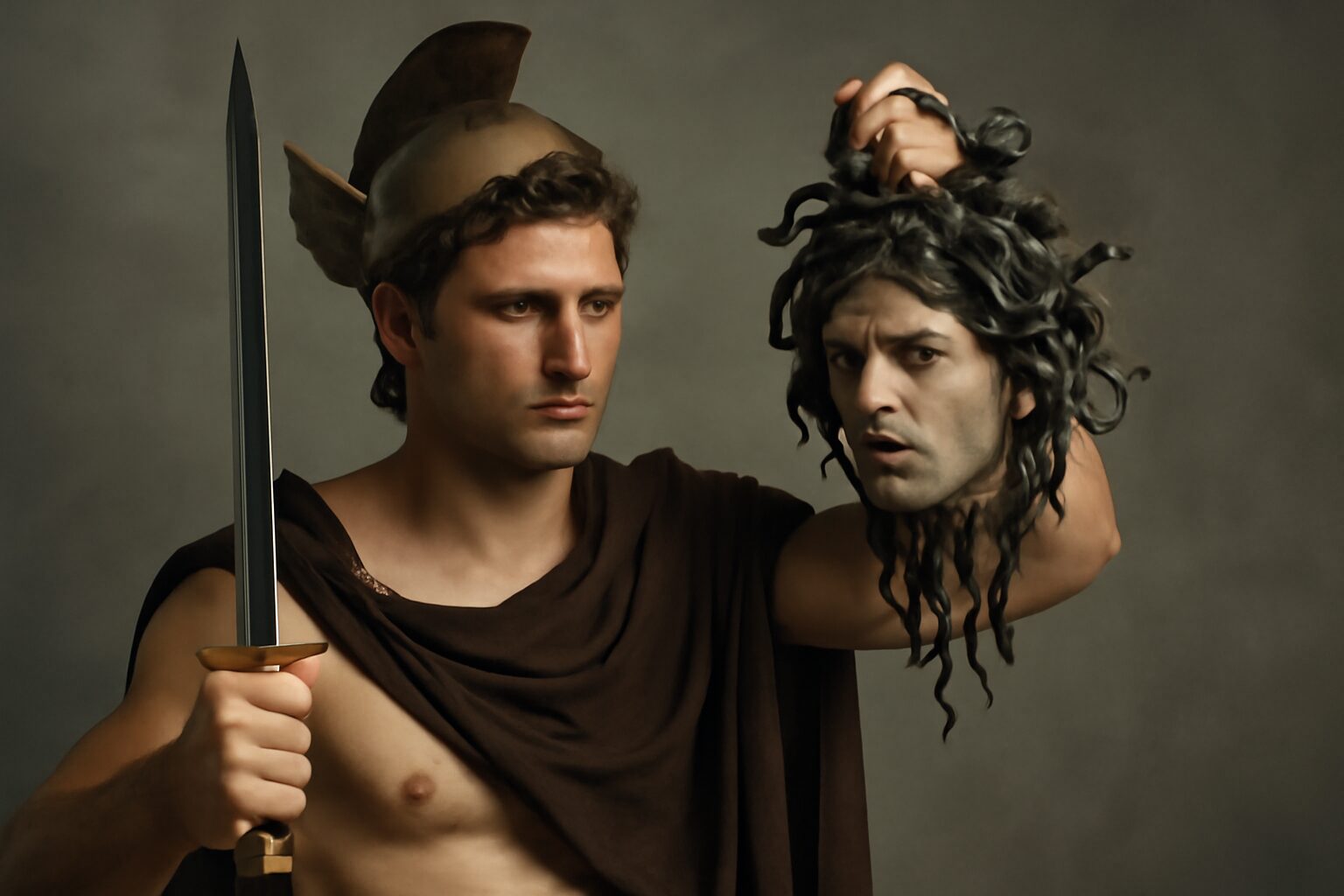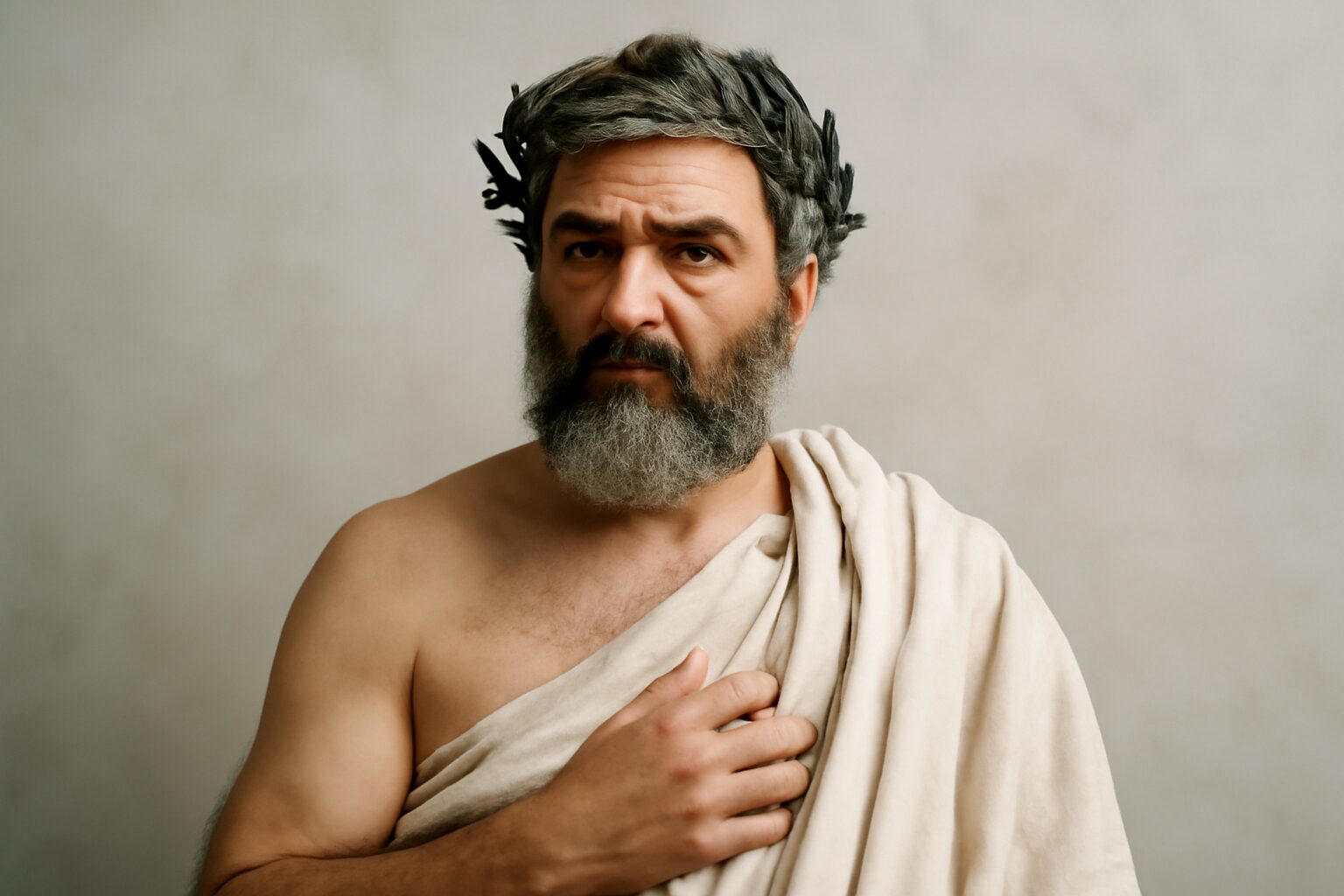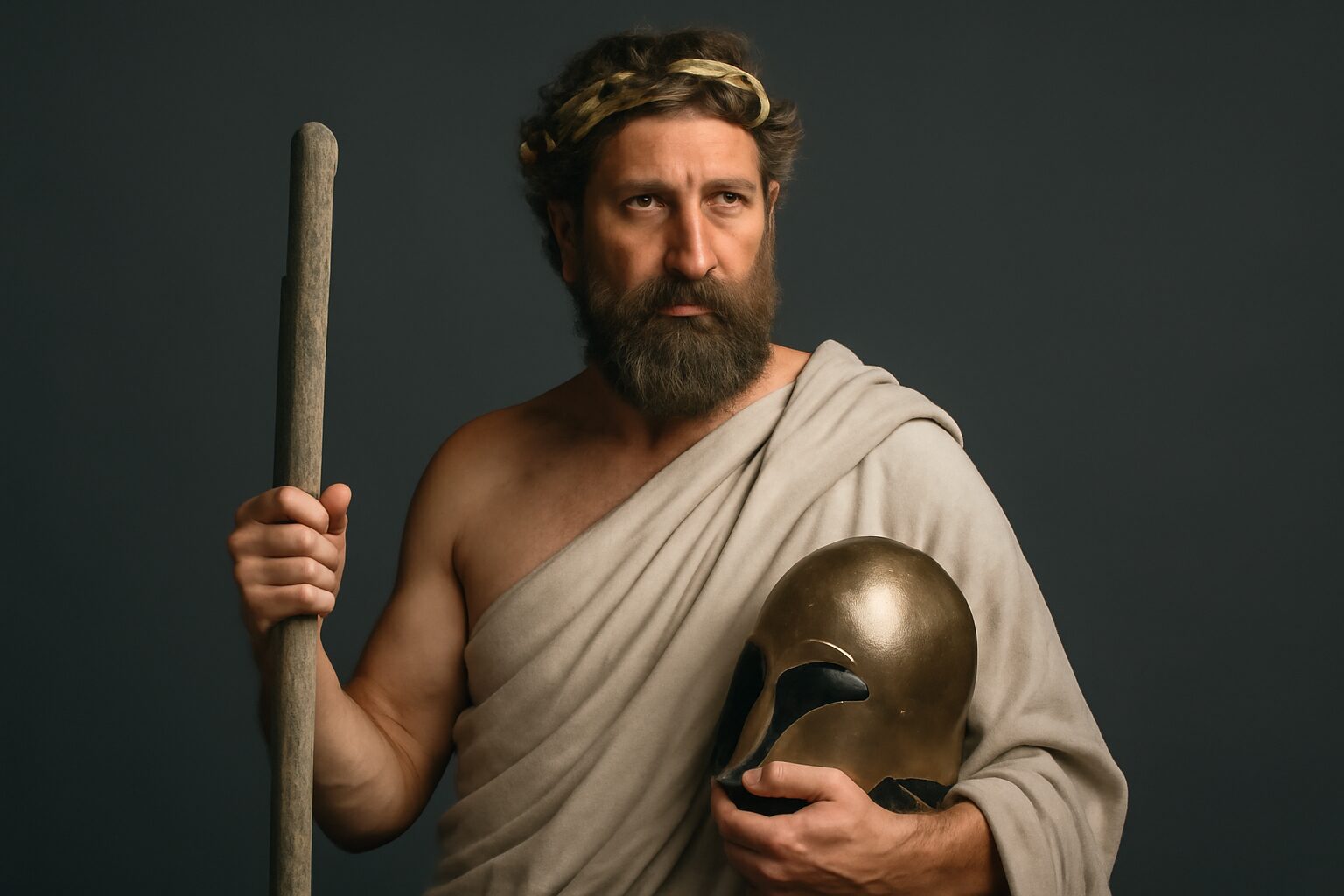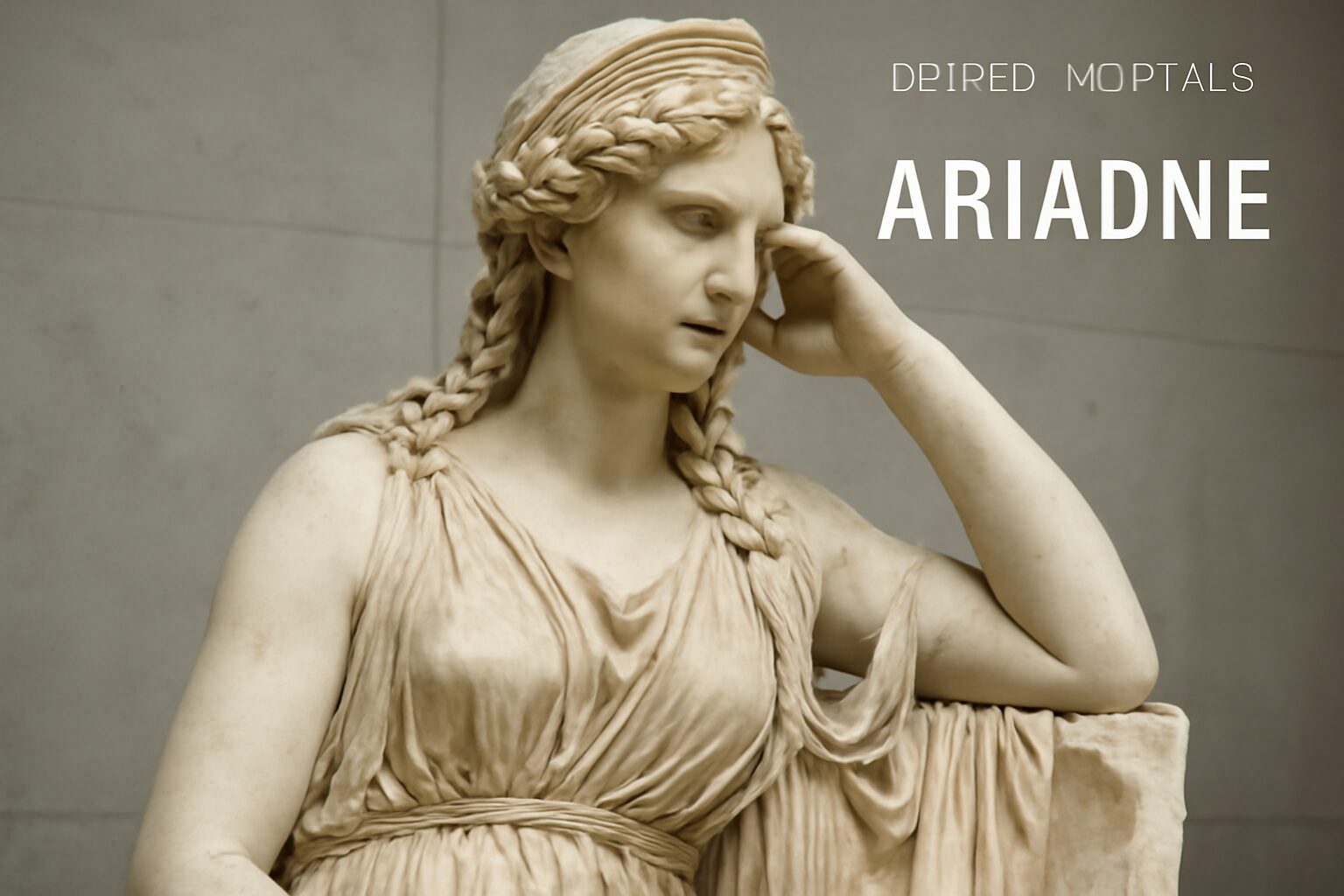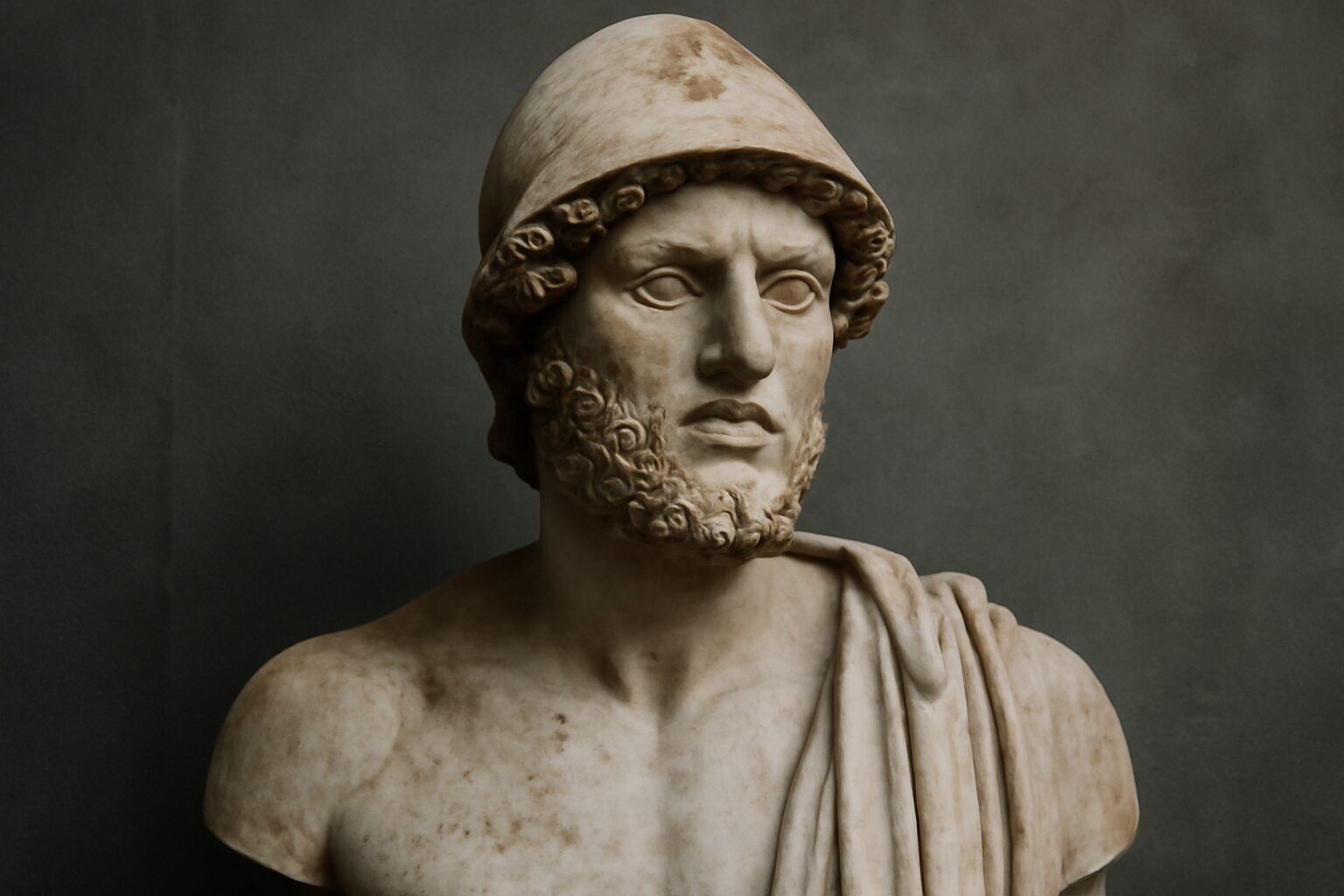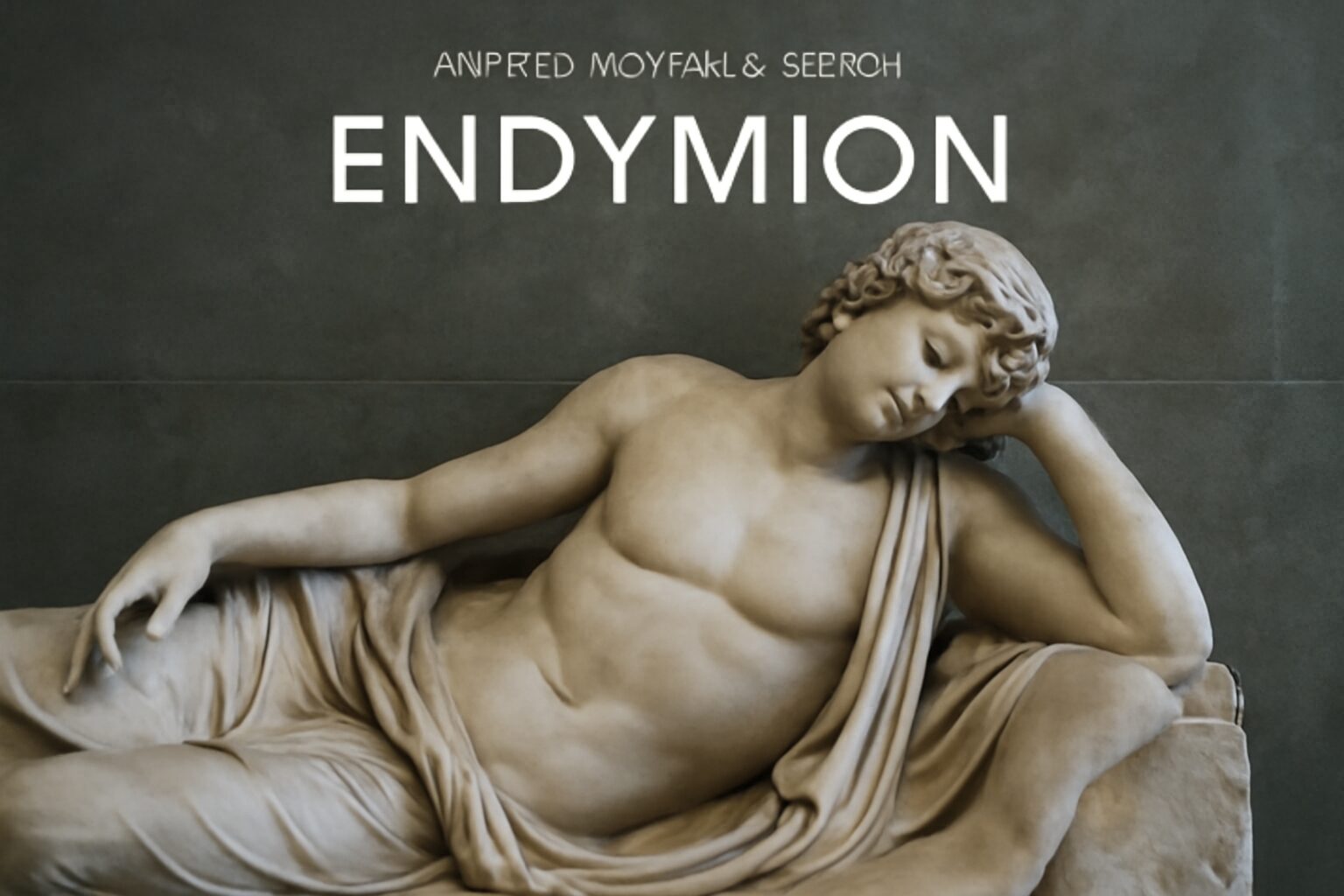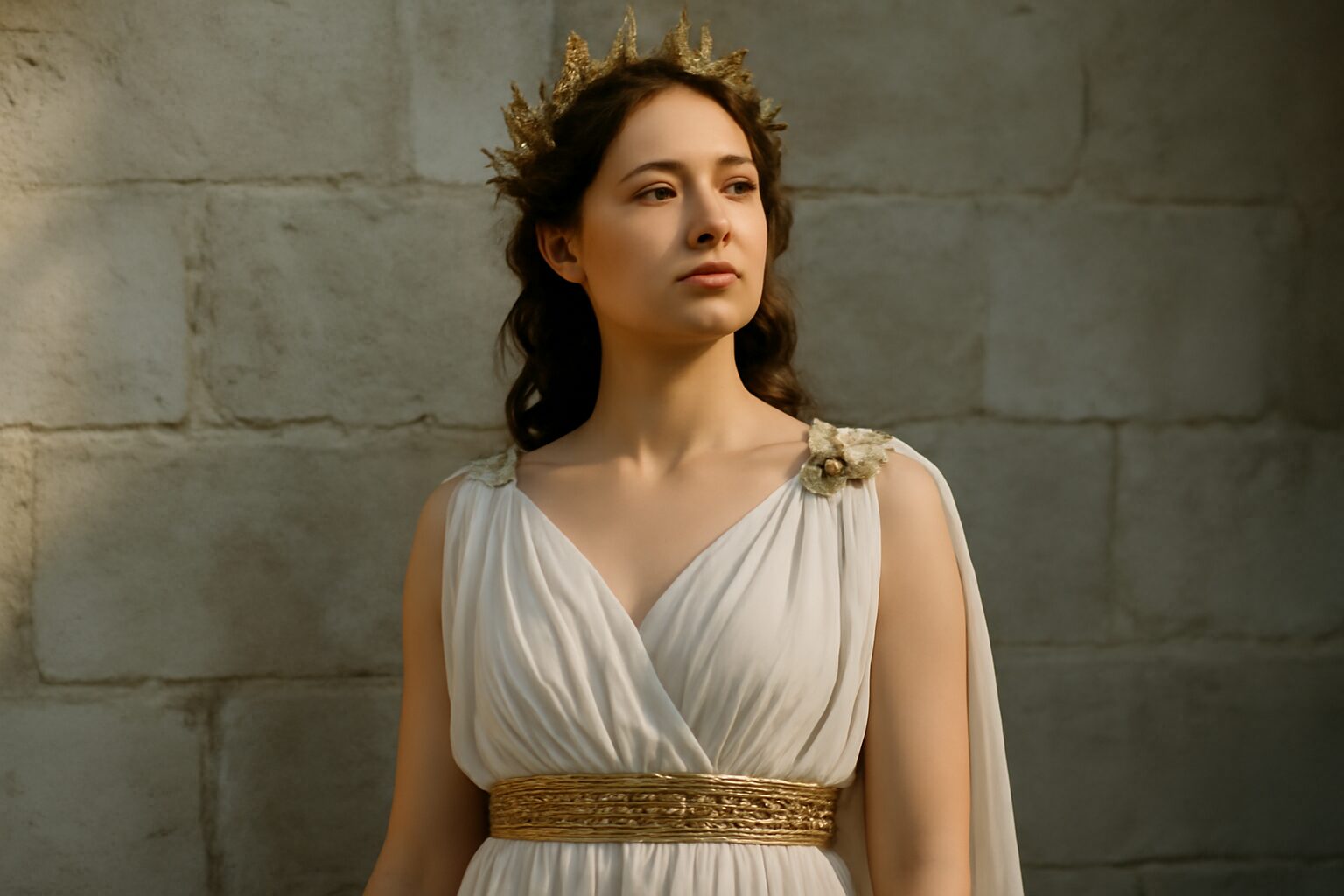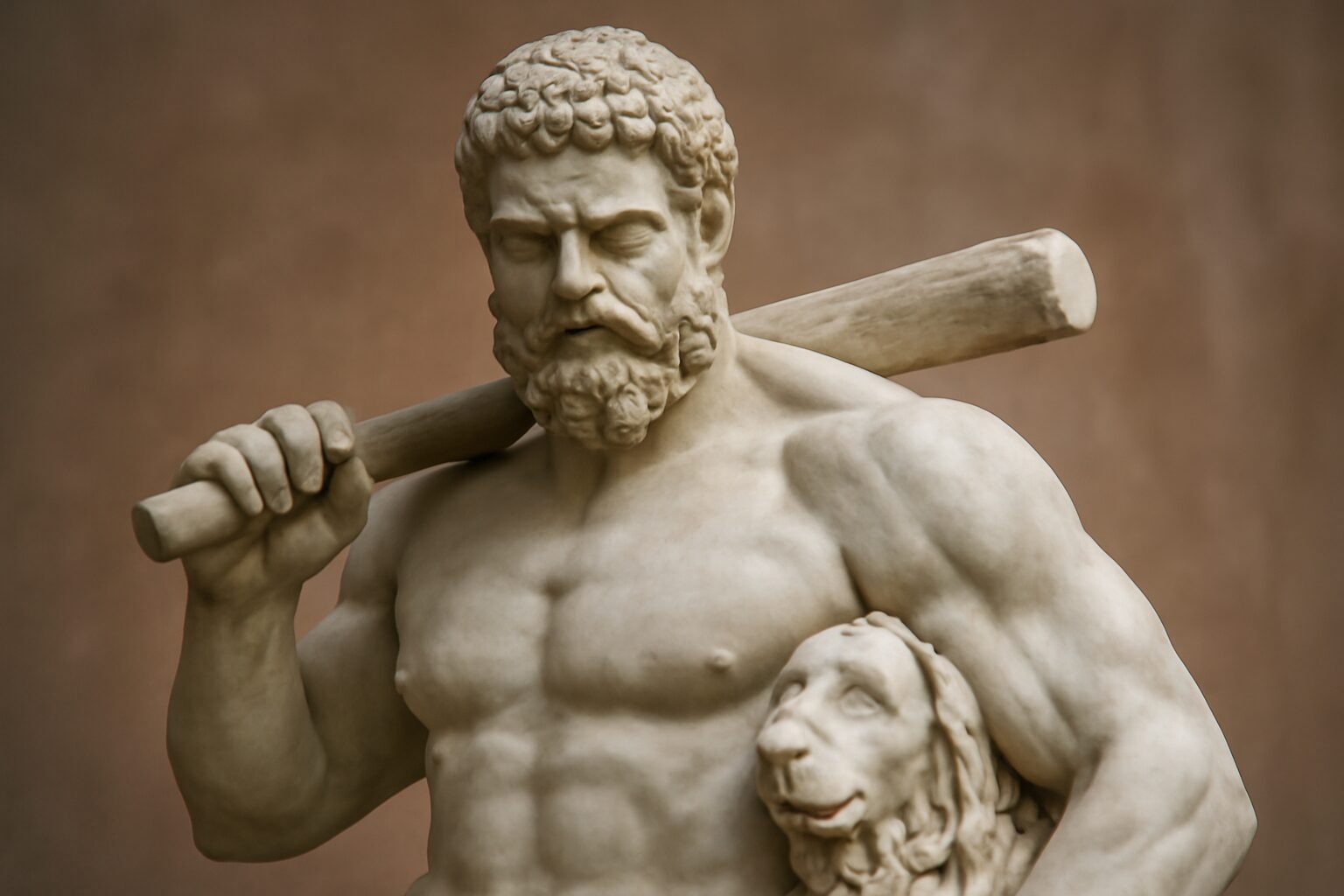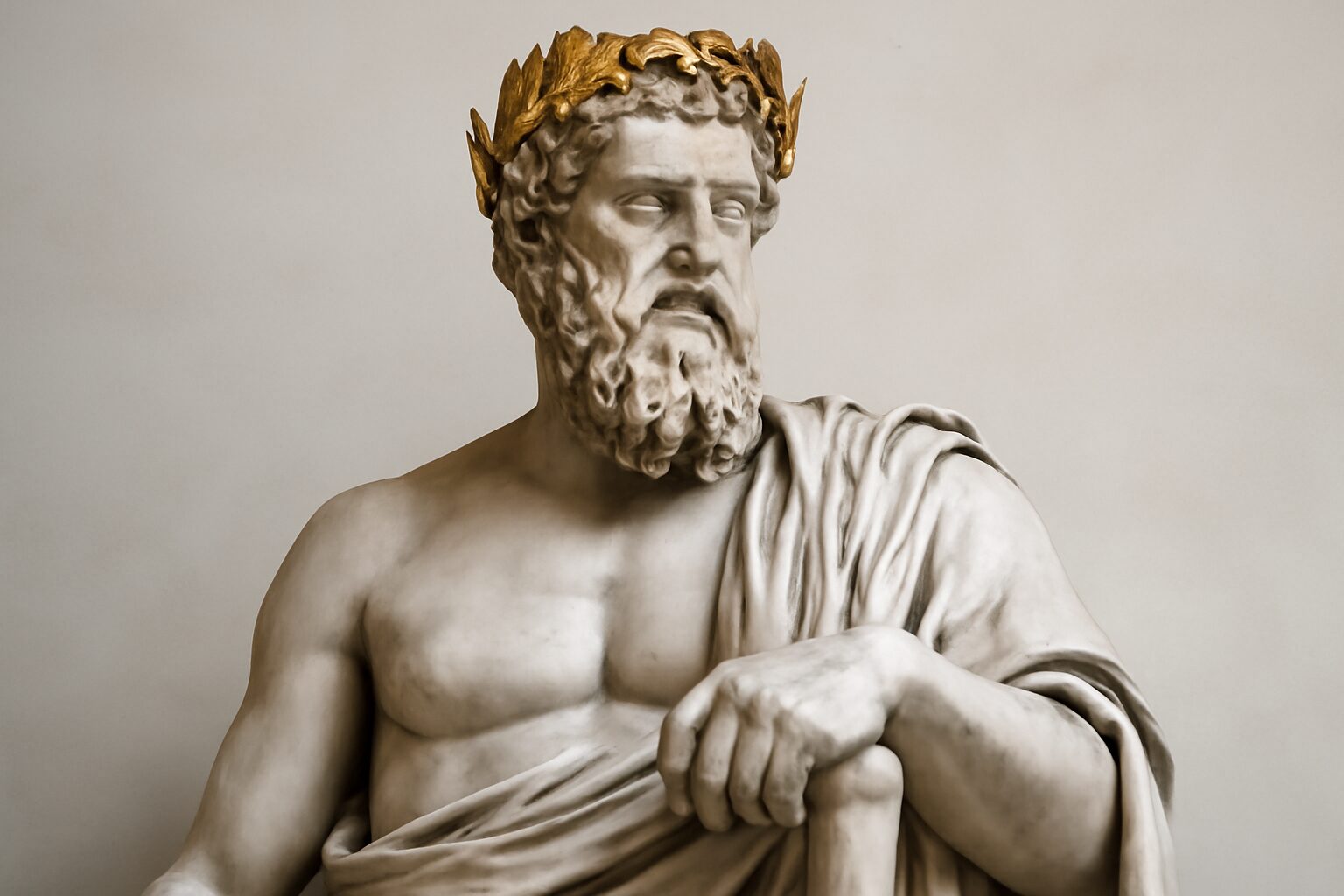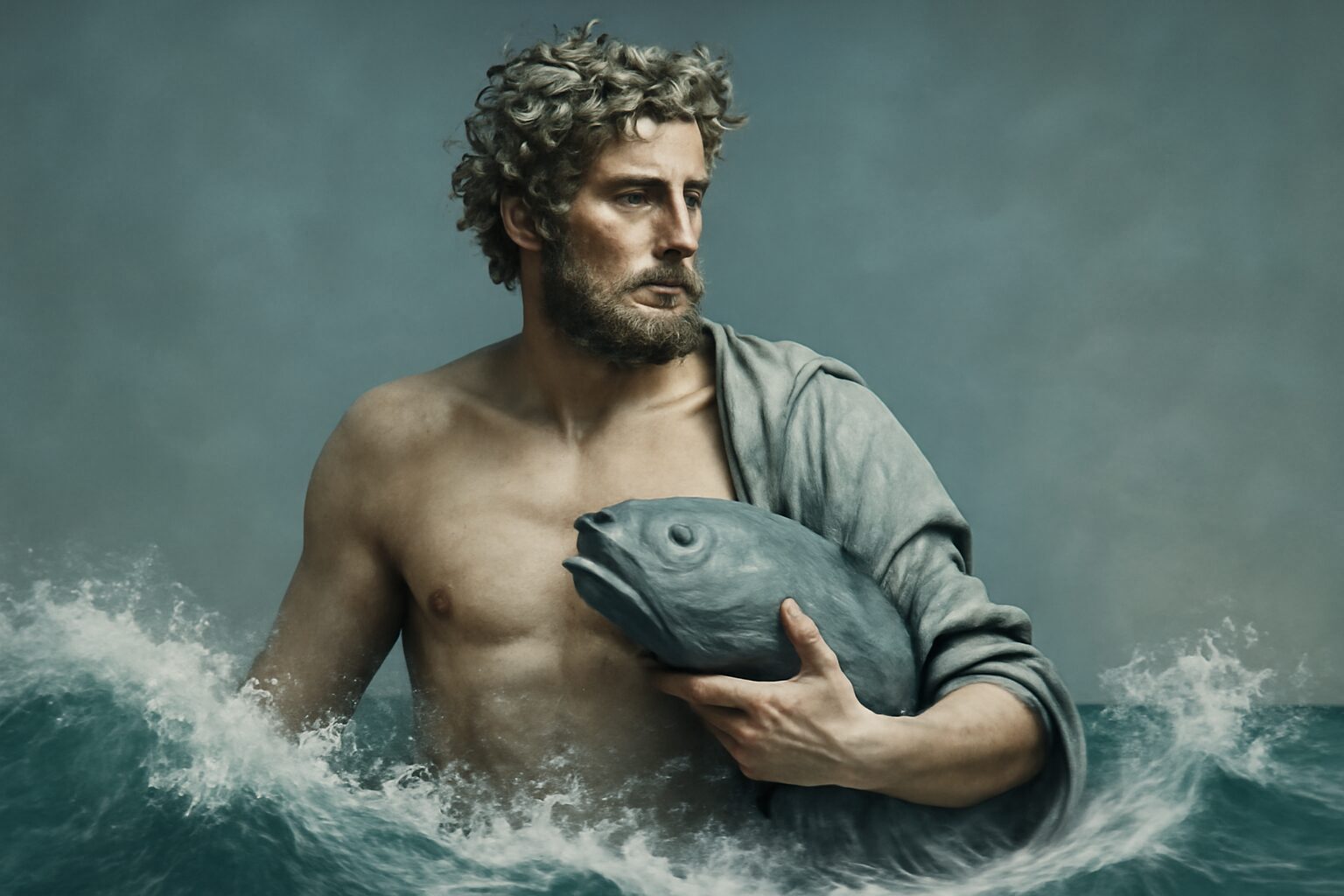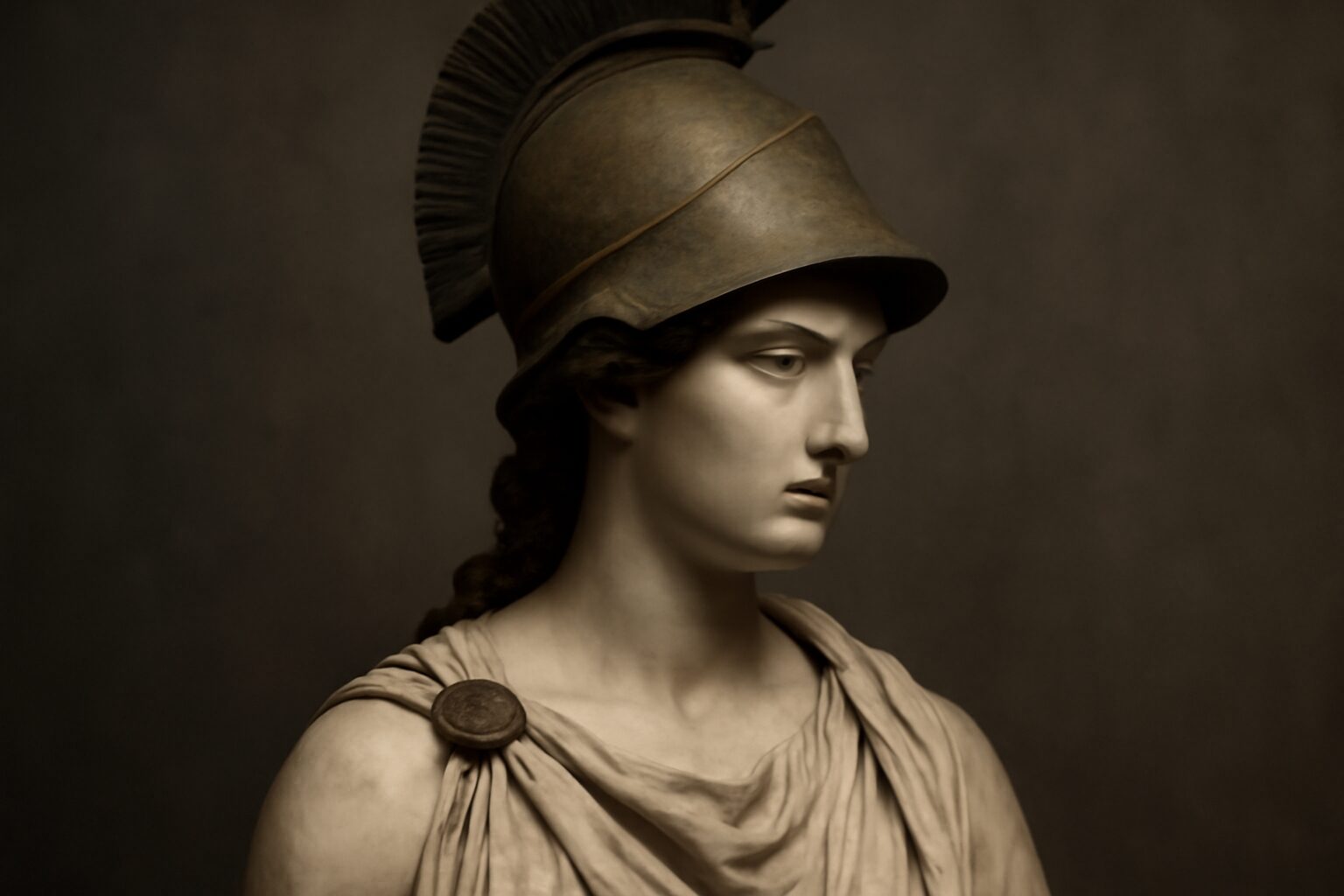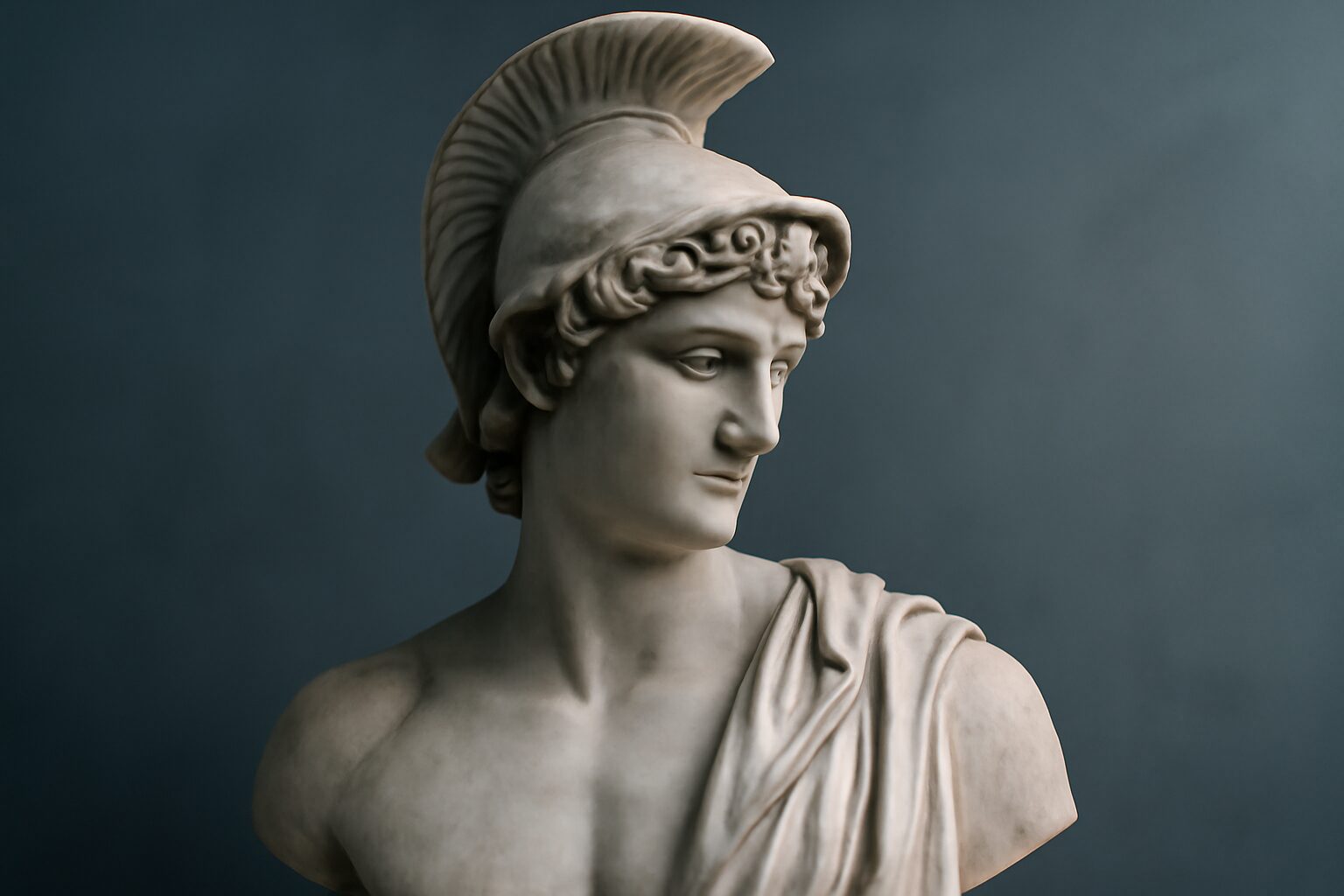Perseus: The Legendary Hero of Greek Mythology
Perseus is one of the most celebrated heroes in Greek mythology, renowned for his daring exploits and divine lineage. Born as the son of Zeus, the king of the gods, and Danaë, a mortal princess, Perseus's life was marked by prophecy, adventure, and triumph.
The Prophecy and Early Life
Perseus's story begins with a grim prophecy: his grandfather, King Acrisius of Argos, was foretold that his grandson would one day kill him. To prevent this, Acrisius imprisoned Danaë in a bronze chamber, but Zeus, taking the form of golden rain, impregnated her. When Perseus was born, Acrisius cast mother and child into the sea in a wooden chest. Miraculously, they survived and washed ashore on the island of Seriphos, where a fisherman named Dictys raised Perseus as his own.
The Quest for Medusa's Head
Perseus's most famous adventure was his quest to slay Medusa, the Gorgon whose gaze turned men to stone. Tasked by King Polydectes (who sought to marry Danaë against her will), Perseus received divine aid from the gods. Athena gave him a polished shield, Hermes lent him winged sandals, and Hades provided a helm of invisibility. Armed with these gifts and a sickle from the nymphs, Perseus beheaded Medusa by using the shield's reflection to avoid her deadly gaze.
Rescuing Andromeda and Fulfilling the Prophecy
On his journey home, Perseus encountered Andromeda, a princess chained to a rock as a sacrifice to a sea monster. Using Medusa's head, he petrified the beast and rescued her, later marrying her. Upon returning to Seriphos, he turned Polydectes to stone, freeing his mother. Later, while competing in athletic games, Perseus accidentally struck his grandfather Acrisius with a discus, fulfilling the prophecy—though unintentionally.
Legacy and Significance
Perseus's deeds made him a symbol of courage and divine favor. He founded the city of Mycenae and became an ancestor of legendary figures like Heracles. His story, blending mortal struggle with divine intervention, remains one of the most enduring tales of Greek mythology, inspiring art, literature, and modern adaptations.
Alternative Names for Perseus
God Name: Perses (Roman)
In Roman mythology, Perseus was sometimes referred to as Perses, a name derived from the Greek but adapted into Roman tradition. This name is less common but appears in some Roman texts.
God Name: Gorgon-Slayer (Greek (Epithet))
An epithet for Perseus in Greek mythology, referencing his most famous feat of slaying the Gorgon Medusa. This title highlights his heroic achievement.
God Name: Danaides (Greek (Epithet))
An alternative name or epithet for Perseus, derived from his mother Danau00eb. It emphasizes his lineage and connection to the royal house of Argos.
God Name: Perseus Alexikakos (Greek (Cult Title))
A cult title meaning 'Perseus the Averter of Evil,' used in certain local Greek cults. It reflects his role as a protective hero who wards off harm.
Tales about Perseus
Perseus and the Guidance of Athena
When King Polydectes of Seriphos demanded the head of the Gorgon Medusa, the young hero Perseus was at a loss—until the goddess Athena appeared to him. She gifted him a polished bronze shield, advising him to use it as a mirror to avoid Medusa’s petrifying gaze. With her wisdom and protection, Perseus ventured forth, eventually using the shield to safely behead the monster and fulfill his quest.
The Divine Armor
In addition to Athena’s shield, Hermes provided winged sandals for swift flight, and Hades lent his helm of invisibility. These divine tools, combined with Athena’s strategic insight, allowed Perseus to triumph over impossible odds and return victorious.
Perseus and the Wrath of Poseidon
After slaying Medusa, Perseus flew over the coast of Ethiopia, where he saw the beautiful princess Andromeda chained to a rock as a sacrifice to a sea monster. This monster was sent by Poseidon, enraged by Queen Cassiopeia’s boast that her daughter was more beautiful than the Nereids. Perseus, moved by Andromeda’s plight, used Medusa’s head to turn the creature to stone, defying the sea god’s wrath.
A Hero’s Intervention
By rescuing Andromeda, Perseus not only saved a life but also challenged the divine punishment orchestrated by Poseidon. His bravery and quick thinking turned a tragic fate into a celebrated victory, and he won Andromeda as his wife, earning a place among the great heroes of myth.
Frequently Asked Questions
Who was Perseus in Greek mythology?
Perseus was a legendary Greek hero, son of Zeus and Danau00eb, known for slaying the Gorgon Medusa and rescuing Andromeda from a sea monster. His story symbolizes courage and divine favor.
What does it mean for a mortal to be deified in Greek mythology?
Deification meant a mortal was granted godhood or immortal status by the gods, often as a reward for extraordinary deeds or favor. Examples include Heracles (Hercules) and Asclepius, who became gods after their deaths.
Why is Perseus important in Greek mythology?
Perseus is important as one of the greatest heroes, embodying divine intervention, bravery, and cleverness. His adventures, like defeating Medusa, showcase themes of destiny and the gods' influence on mortal lives.
How does the concept of deified mortals apply today?
The idea reflects humanity's desire to immortalize exceptional individuals (like heroes or leaders) through legacy or symbolic 'godlike' status, similar to modern fame or sainthood in some cultures.
What lessons can we learn from Perseus's story?
Perseus teaches perseverance, resourcefulness (using gifts like Athena's shield), and humilityu2014despite his divine parentage, he relied on help and wit to overcome challenges.

